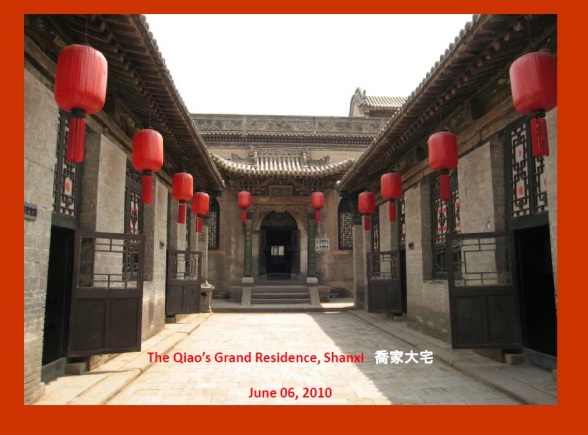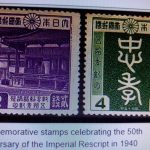Dear Friend:
As summer draws to an end, I am reminded of the Irish tune The Last Rose of Summer, learnt in Jesuit High School in Hong Kong decades ago, that carries an air of sadness and loneliness, the poet’s lament as a sole survivor of the loss of loved ones.
This is Part Four of the summer series on the Third World Poor.








